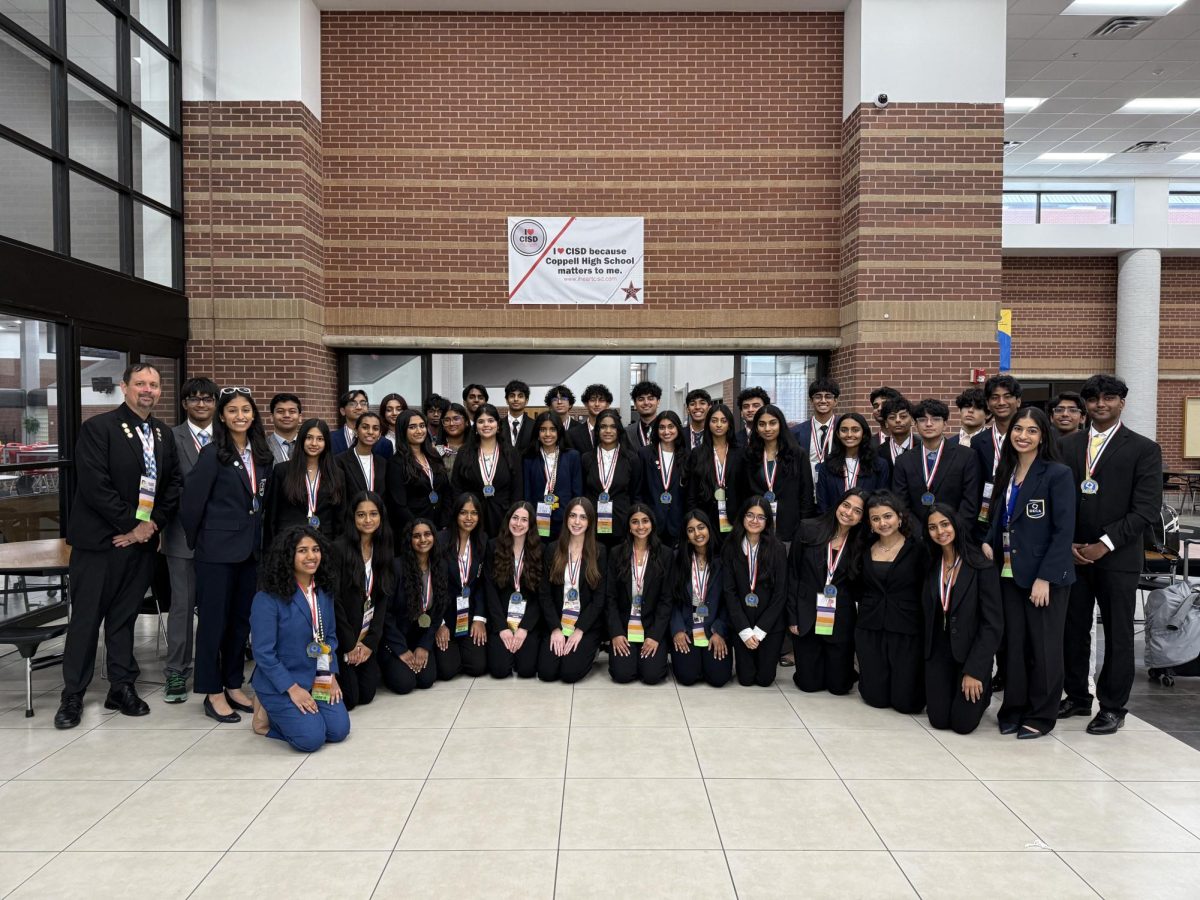by Ashley Attanucci
Staff Writer
The end of this summer was bittersweet for CHS students, a time to say goodbye to summer nights and hello to old friends and teachers. But as the new school year approached, students grew even more excited to reconnect with friends via cell phone use during school.

Last year, cell phones were not to be used on campus from 8:20 a.m. to 3:50 p.m. The new policy reads that students are not to use any phone during class time unless requested by a staff member to contact parents. Cell phones are not to be used during class time, assemblies (pep rallies, fire drills, etc.) or during any official testing.
The change in policy does not clearly state the allowance of cell phone use during passing periods and lunches, and it hardly implies it.
At schedule pick up, students paid attention to the “General Information” section in the back of daily planners sold by the high school, which had not been updated with cell phone tolerance. But on the first day of school, some homeroom teachers shared the change with their class.
Senior Sowmya Kalathuru said she heard of the change for the first time in her homeroom period on the first day of school but does not take advantage of the change since she doesn’t have text messaging but likes the change because “people pay more attention in class now” that they aren’t distracted with hiding their cell phones.
Long term substitute Nan Fullinwider agrees.
“This is high school, and students deserve a little more freedom; [the change in policy] gives them responsibility and accountability,” Fullinwider said.
Fullinwider does, however, admit there are negatives to the new policy, including that uncertainty of who students are texting or calling is worrisome.
New student senior Christie Nguyen said she likes that cell phones are allowed to be used during school hours since she can now text her friends.
“It helps [improve the learning environment] because sometimes students have to contact their parents during school, and this makes it easier for students to communicate without having to abuse their privileges,” Nguyen said.
With a second offense, her former school, Lewisville High School, would keep the cell phone until the end of the school year in addition to charging a $15 fee.
Coppell High School’s change in policy also includes a change in consequences. Instead of detaining the cell phone for a day, 15 days, or 30 days as was the case last year, this year the office is simply charging a fee without keeping the cell phone.
(Go to www.ehow.com/how_4758307_protect-teen-cell-phone-crimes.html to learn how to keep safe from cell phone crimes.)








